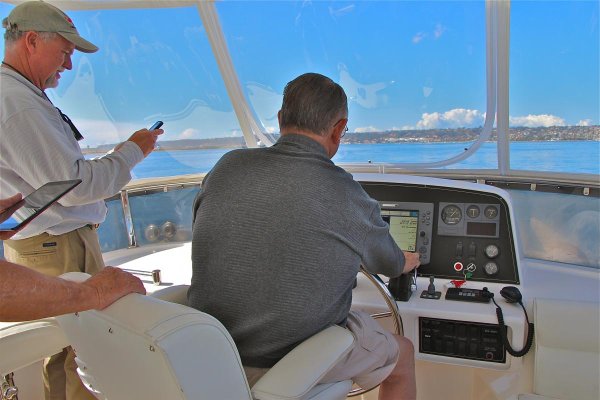Further to my post #3 above on this topic, I also posted it on boatdiesel for comment. Ron Sparks ,a respected Detroit Diesel contributor, posted the following there. I totally agree with his last paragraph. I am a little surprised by his 25% electronic failure rate. That is at least ten times higher than I would have expected.
If true or if even 1% it supports his thesis that you should never go far offshore with an electronic engine.
David
David, I am largely in agreement with what you have posted, however, offshore boating with an electronic engine, and possibly electronic marine gear has some serious safety issues associated with electronic and wiring connection failures, as well as lightning induced currents destroying circuits and wiring harnesses. Having dealt numerous times with all of these issues, and having boated 130 miles offshore, frankly I would not have an electronic controlled engine or marine gear in my boat, if the vessel was to be used more than a few miles from shore and available tow services. And I believe the electrical/electronic problems to be experienced over a engine´s service life will be 25 percent of the population, or greater.
Not going to get into a debate, and not going to just give in to the, "Well that is all there is these days argument". When going to sea, one MUST be self sufficient for any condition, and electronics for recreational marine engines and marine gears do not presently lend themselves to that requirement, and cannot be made so for technical and economic reasons in the foreseeable future.
Ron Sparks


